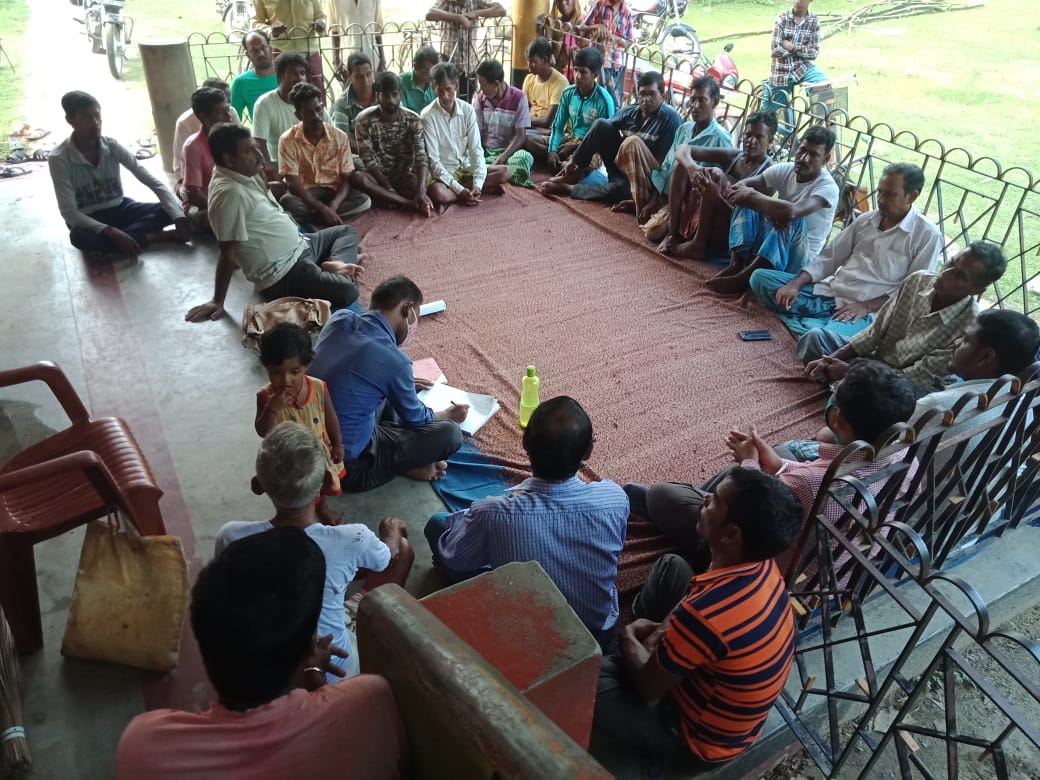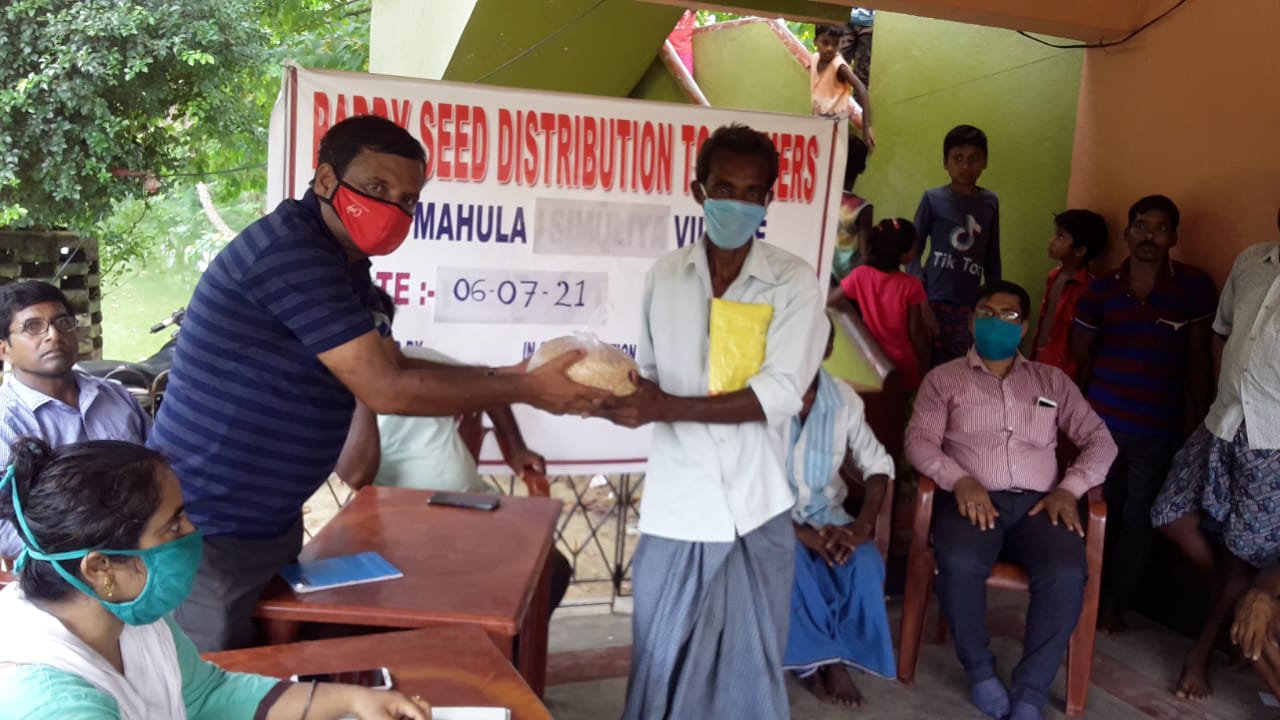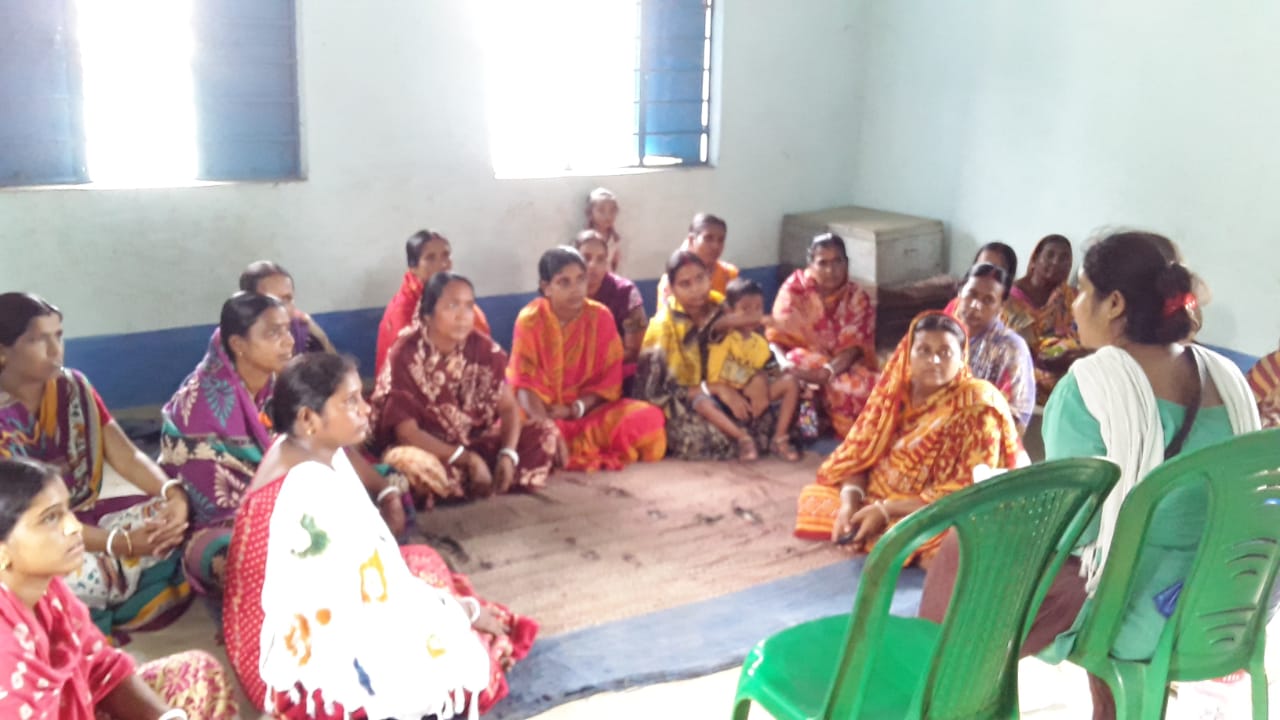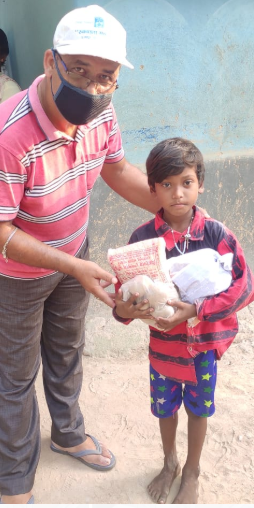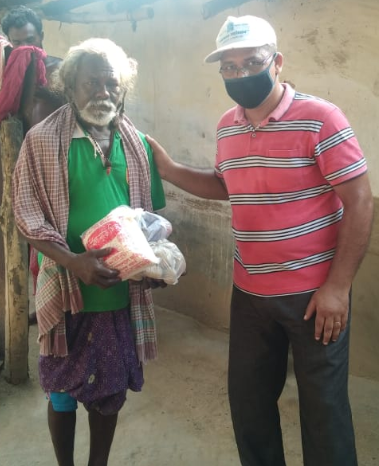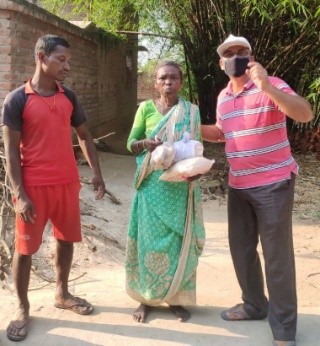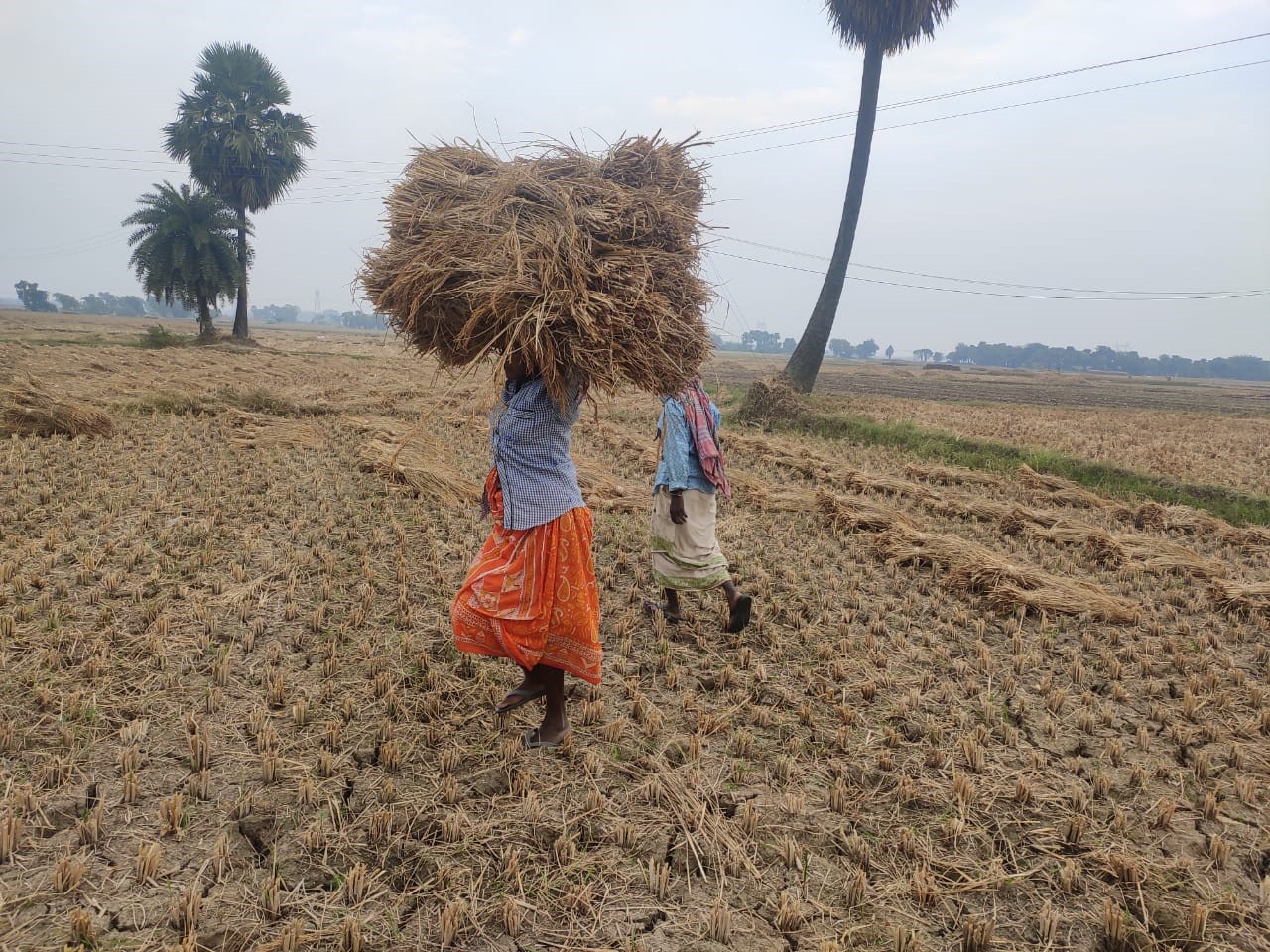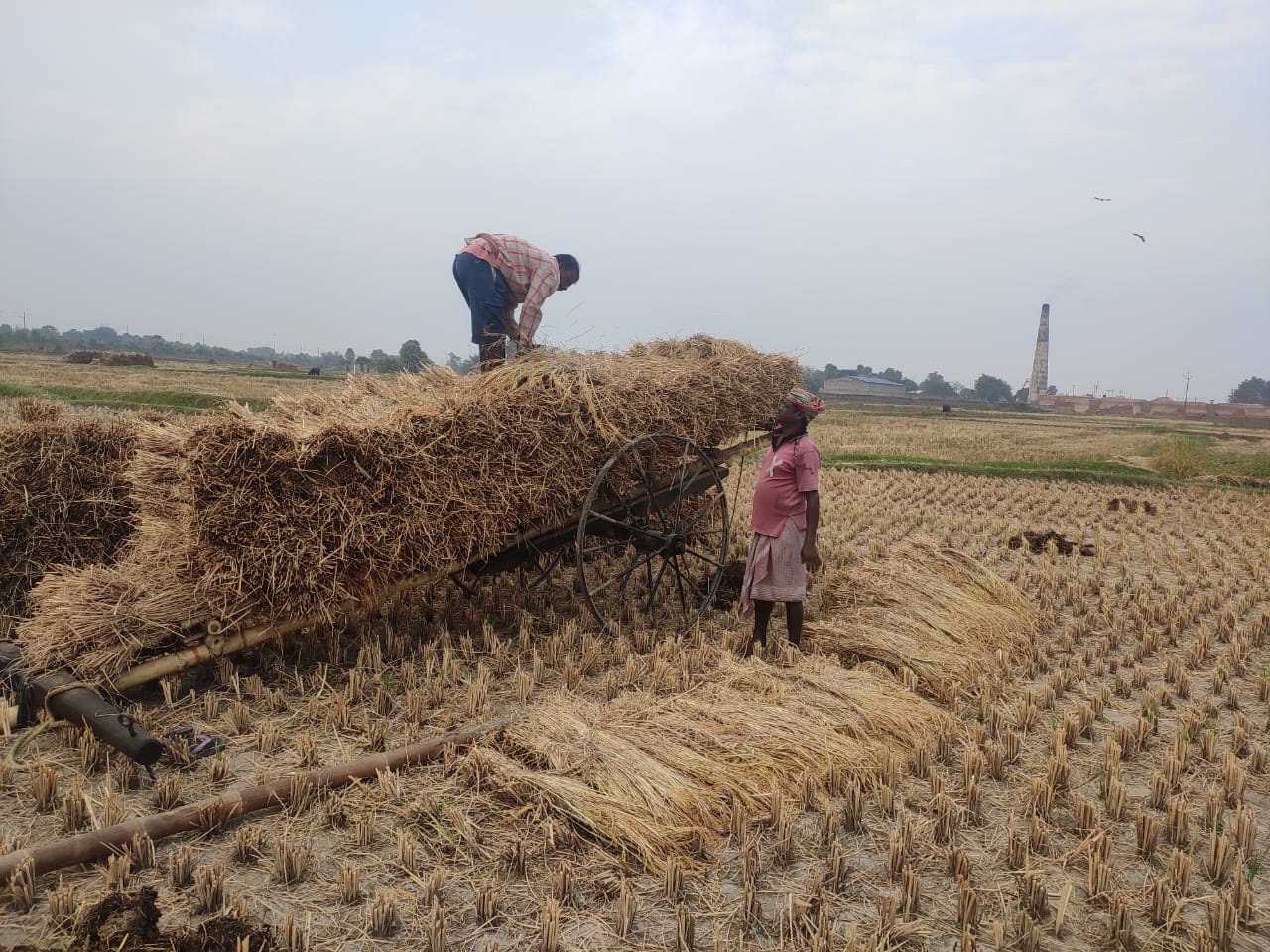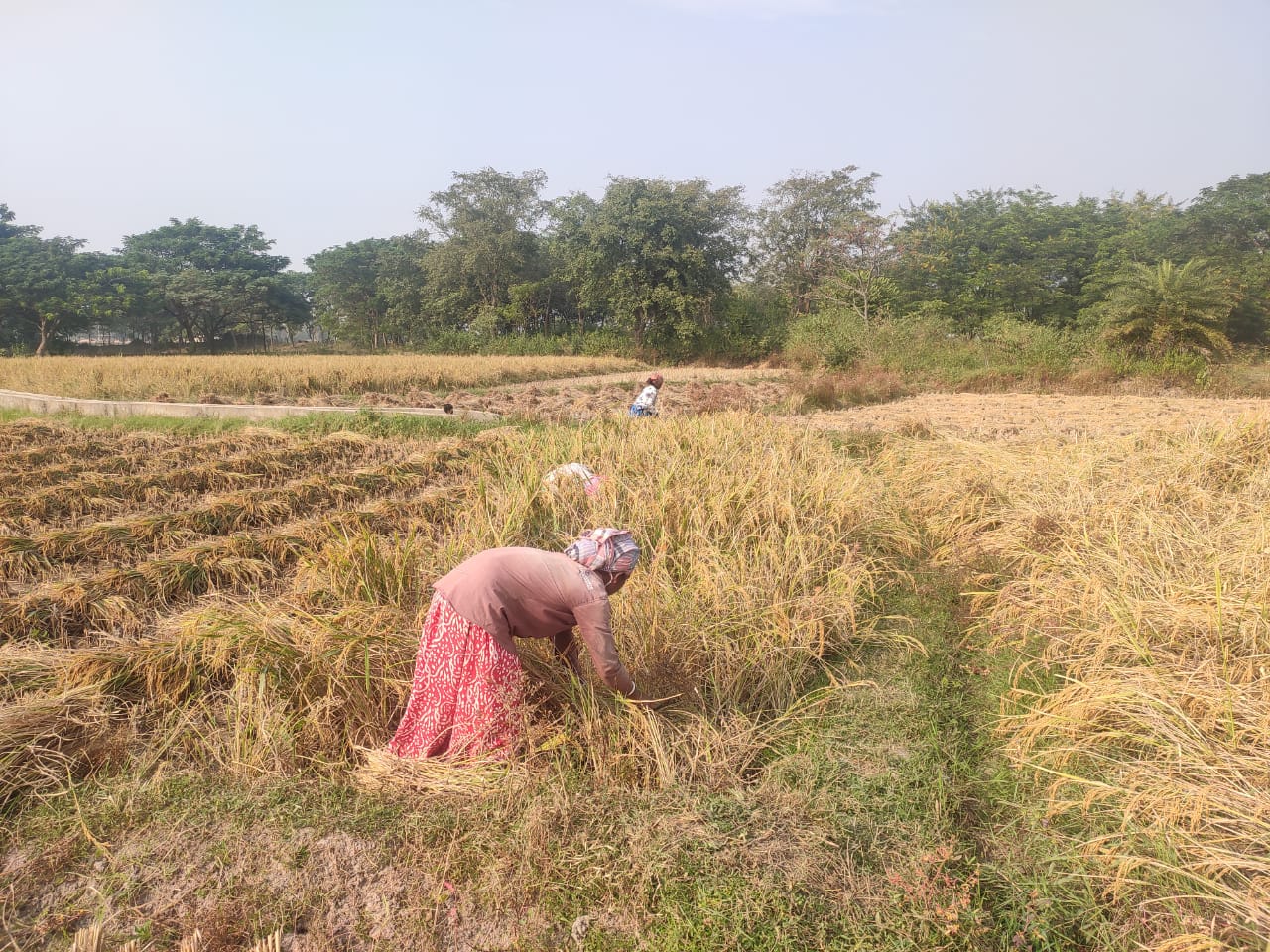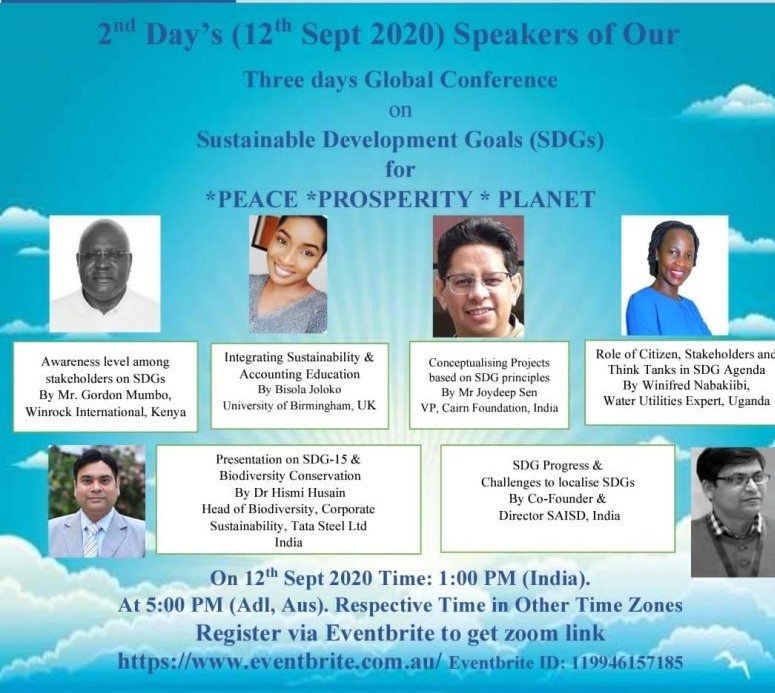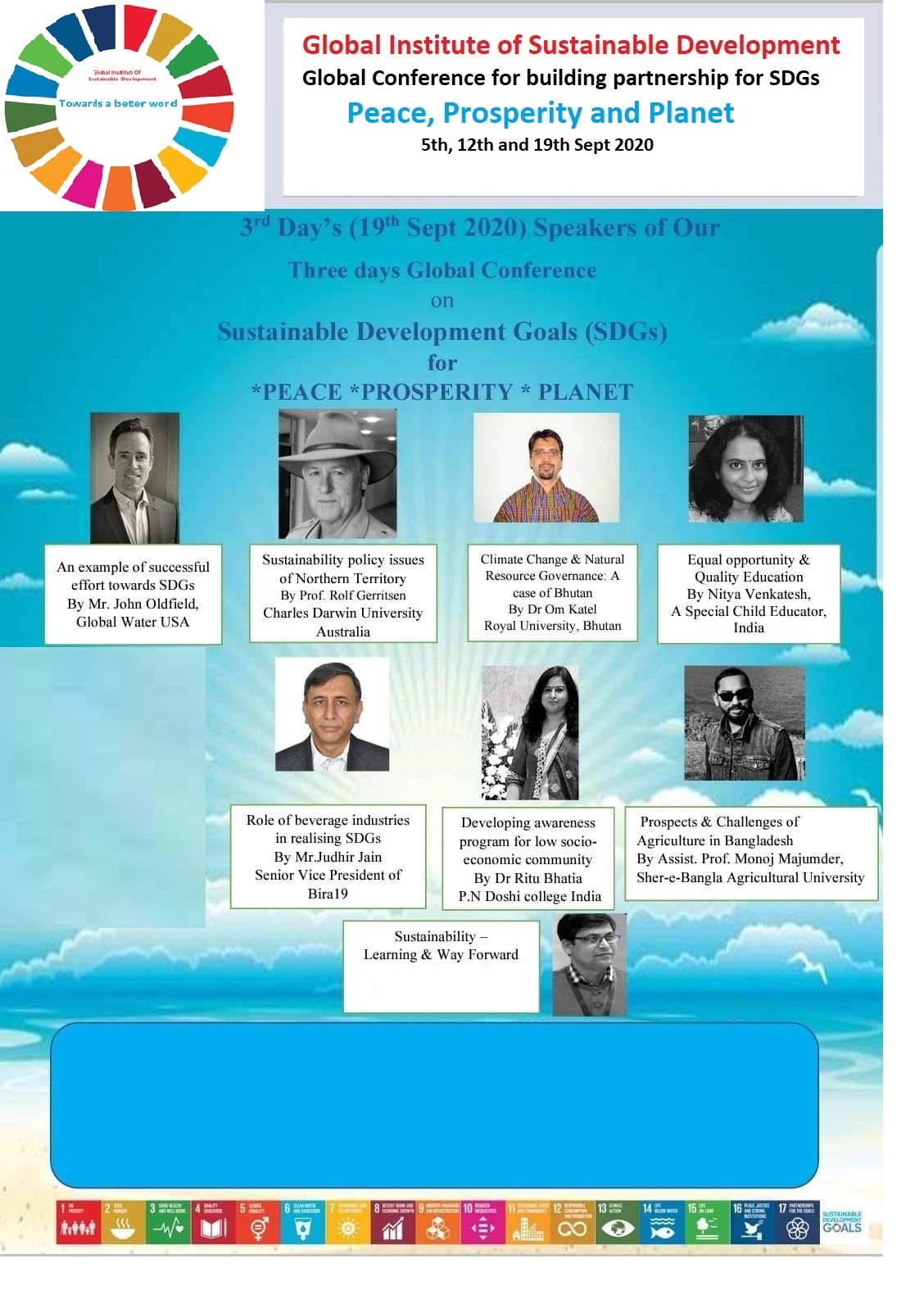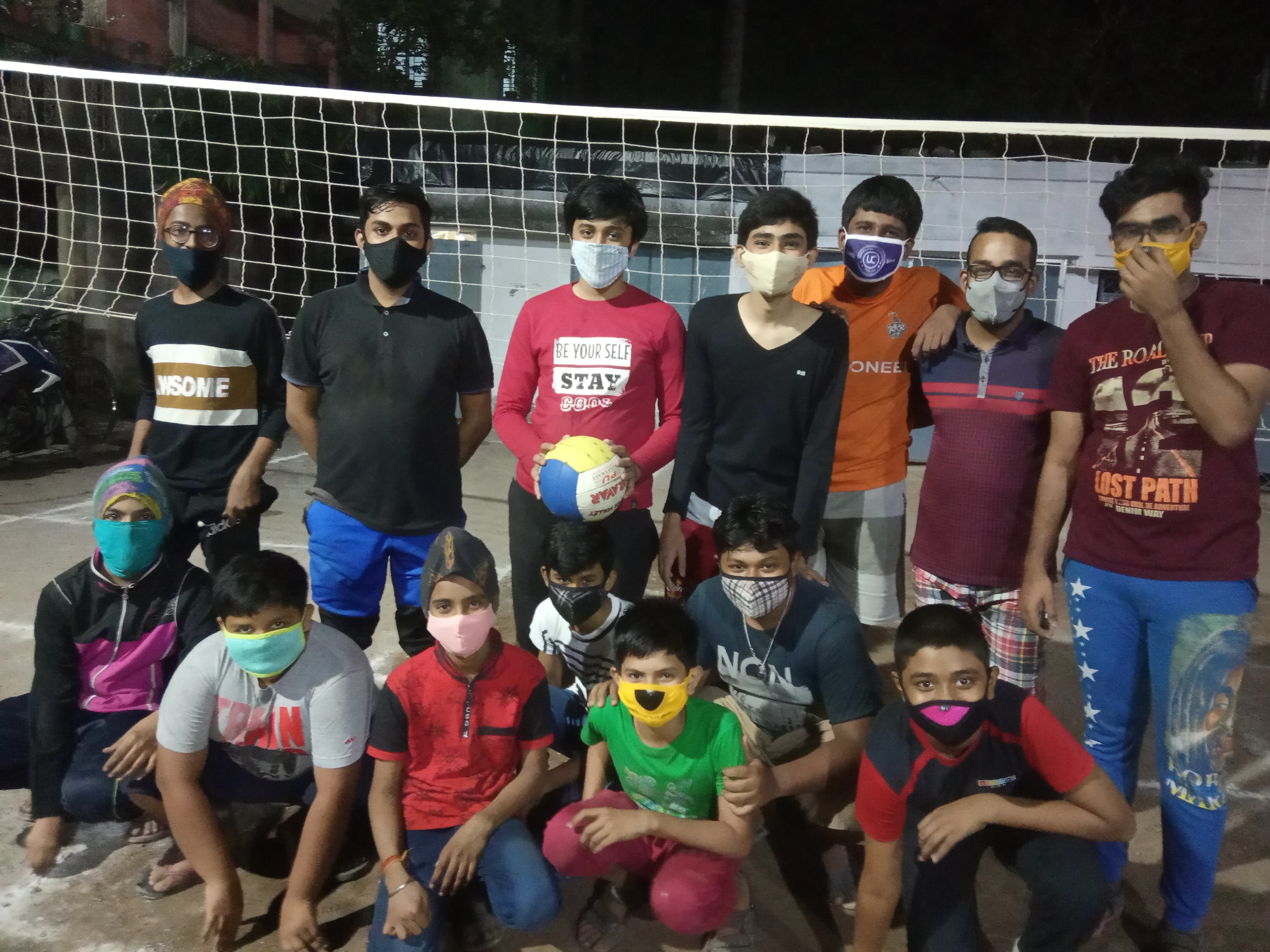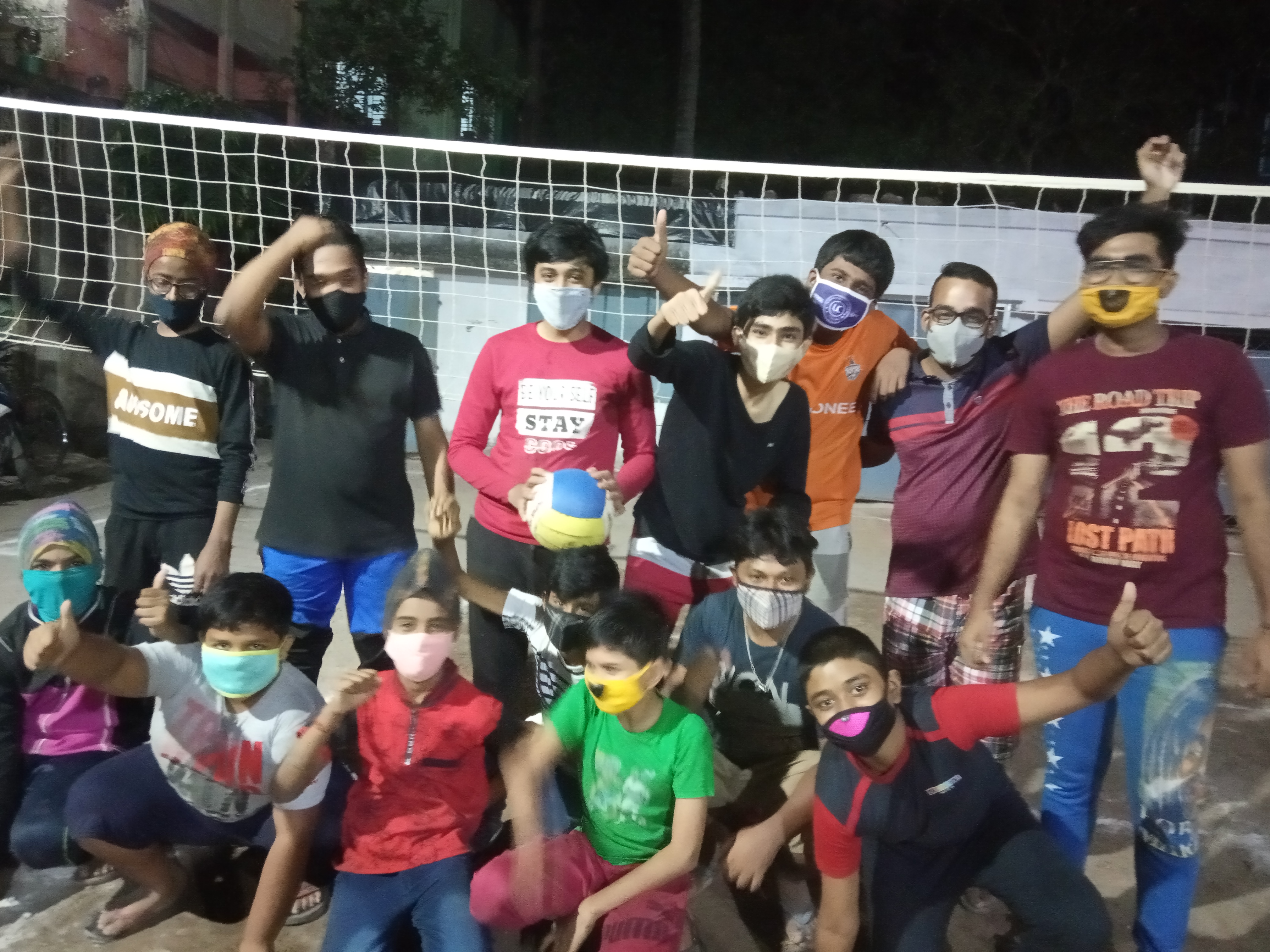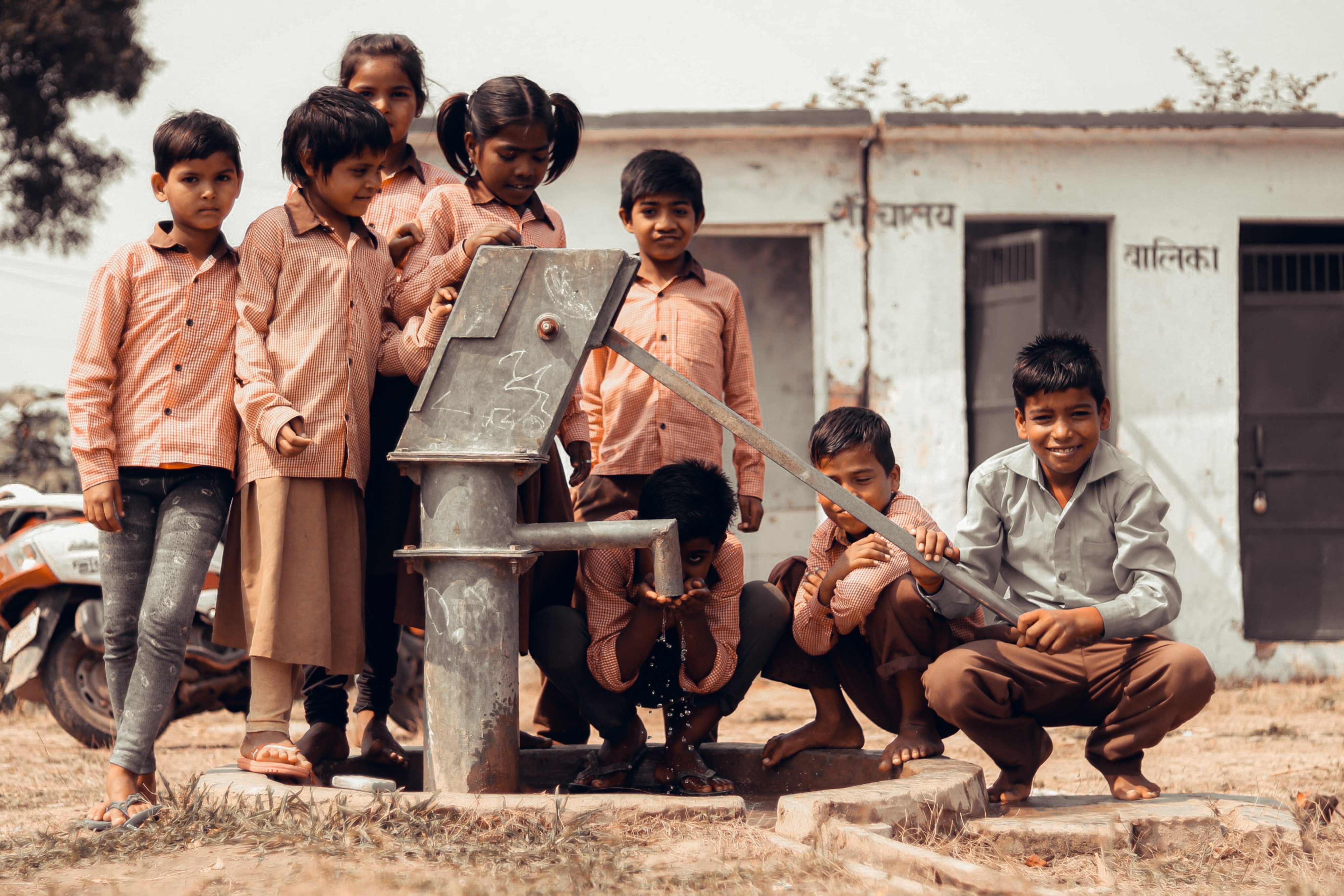Global Institute of Sustainable Development and local government authorities are collaboratively implementing a pilot project in Sattore, a Gram Panchayat, of Bolpur Sriniketan Block in Birbhum District, West Bengal with the support of Mr. Sudhir Jain and family.
We plan to develop Sattore as a model Gram Panchayat, aiming to:
- achieve zero poverty, hunger, and school dropouts.
- eliminate discrimination between gender, caste, and religion.
- universal access to safe drinking , sanitation and hygiene facilities.
- promote healthy hygiene practices, including waste management and resource conservation.
- facilitate self reliance and sustained livelihoods for everyone.
Currently, we are implementing the project activities in two villages with the aim of scaling up to cover the entire Gram Panchayat in the next two to three years.
